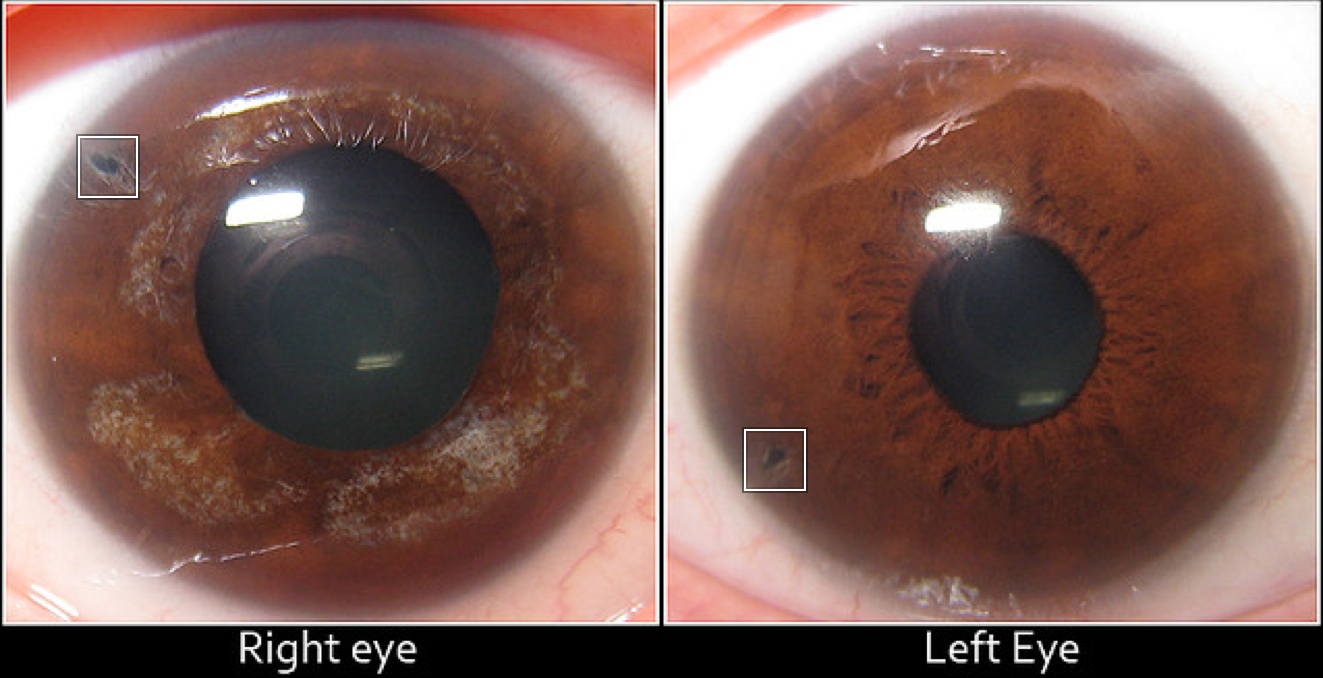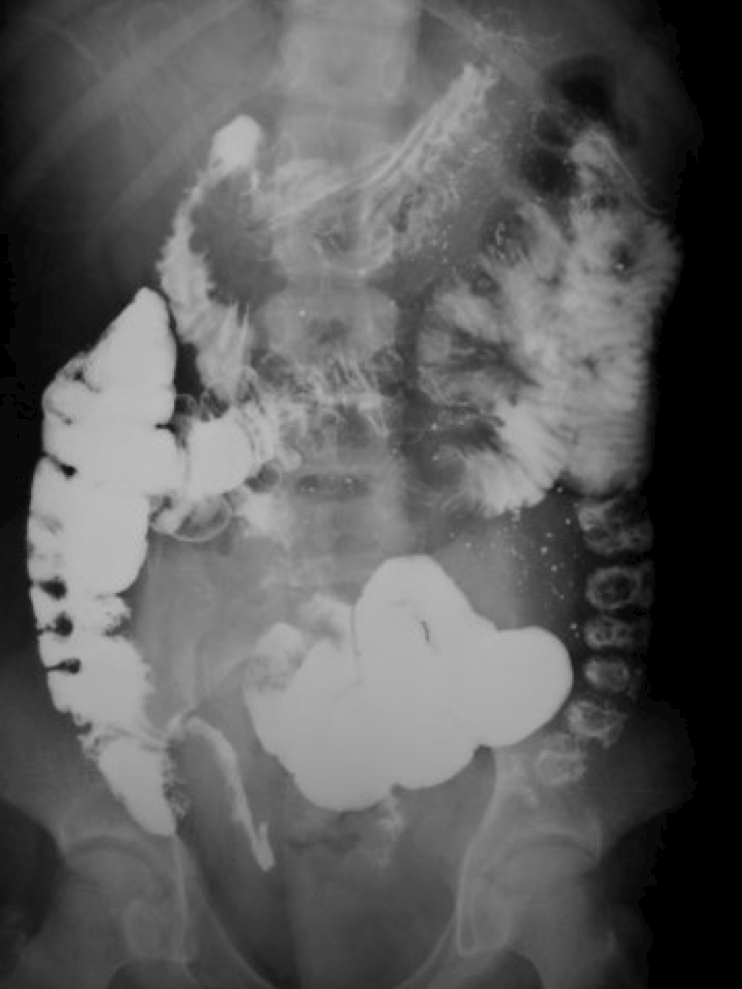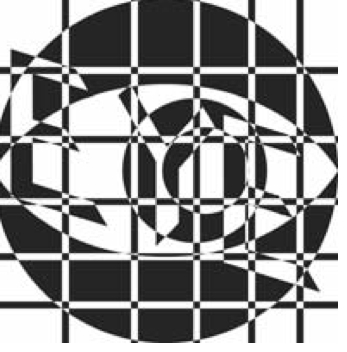Episiotomy Pain Successfully Treated with Acupuncture
 Monday, August 1, 2011 at 11:00PM
Monday, August 1, 2011 at 11:00PM An abstract reprinted here:
Italian clinicians have successfully used acupuncture to relieve perineal pain after episiotomy. Forty-two women who had an episiotomy during childbirth were enrolled in a pilot study. Women in the acupuncture group were significantly less likely to experience pain; 38.1% of women in the acupuncture group asked for analgesics, while all women in the control group requested oral analgesics because of perineal pain. Wrist-ankle acupuncture as perianal pain relief after medio-lateral episiotomy: a pilot study. Journal of Alternative and Complement Med. 2011 Mar;17(3):239-41.
 acupuncture,
acupuncture,  childbirth,
childbirth,  episiotomy,
episiotomy,  pain,
pain,  peri-anal,
peri-anal,  perianal,
perianal,  vaginal in
vaginal in  Disorders
Disorders 

